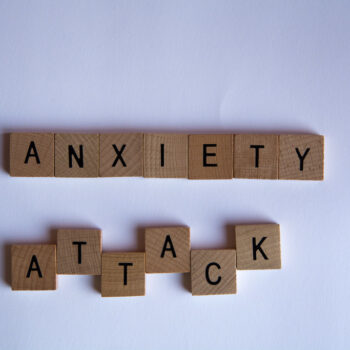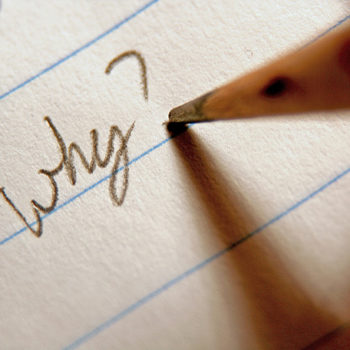Buy Nothing Day is the conscientiously minded person’s solution to excessive consumerism and a spectacular component of the Canadian culture. Essentially, it aims to set aside one day of the year when, ideally, no one buys anything to show just how excessive modern consumption really is. But what is “excessive consumerism?” Many would claim excessive consumerism is the purchasing of unnecessary products; however, that is pretty much everything we buy. Toys, cake, and the latest technologies are just a few products, among the multitudes, produced in a capitalist society that Buy Nothing Day attempts to put on the chopping block. Nonetheless, the absolute lack of practical application of these products does not necessarily mean we should not buy them. A Buy Nothing Day does little to quench the problem of excessive consumerism, if it is even a problem in and of itself.
America, like many other developed nations in the world, is addicted to buying unnecessary products. If a day was set aside in which we buy nothing, then we must surely set aside the day after and name it “Make-Up Day.” The desire to buy unnecessary products will always be present, largely as a result of the human desire for comfort, and will not be halted by even a national holiday. Perhaps some would be compelled to avoid buying toys for their children on the 21st of November in the spirit of the holiday, but the simple truth is, they will not be able to resist such a compulsion the next day when the spirit is gone. After all, once the moral obligation Buy Nothing Day imposes ends, what’s stopping us?
Furthermore, the “problem” of excessive consumerism is often exacerbated. Excessive consumerism indeed drives the economy by creating jobs for millions. Some would argue that excessive consumerism leads to economic debt, both private and public, thereby harming the economy. However, such people fail to make the distinction between excessive consumerism and reckless consumerism. Just because a person is spending excessively does not mean they are indebting anything, they might just have excessive wealth. In fact, healthy spending is perhaps the most necessary feature of any well-oiled capitalist economy. Our frivolous rewards surely do not produce themselves; a fact which allows many employees to remain employed. An insatiable lust for products serves as a natural stimulus. In times when spending is decreased, production decreases, thereby weakening a nation’s economy and leading to a possible recession or depression. Historically, governments have tried to correct the lack of “excessive consumerism” by introducing artificial stimuli to the economy. Excessive consumerism can very much be a good thing.
Perhaps the goals that Buy Nothing Day intends to achieve would best be met by a national “Recycle Day.” There is no doubt that excessive consumerism puts a strain on global resources, yet attempting to end excessive consumerism would likely harm our fragile economy even more. By recycling, we would be limiting the environmental damages caused by our need to purchase unnecessary products. While it would undoubtedly face the same neglect Buy Nothing Day experiences, it would at least target the real issue behind excessive consumerism.









